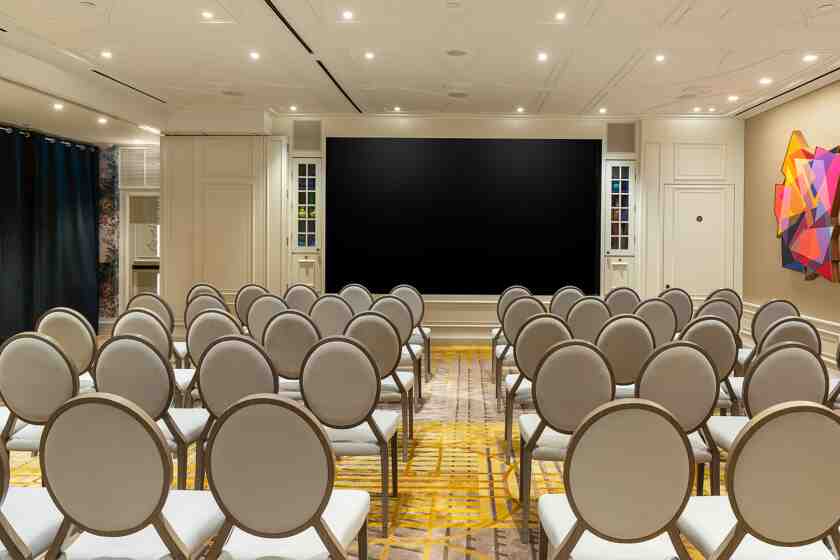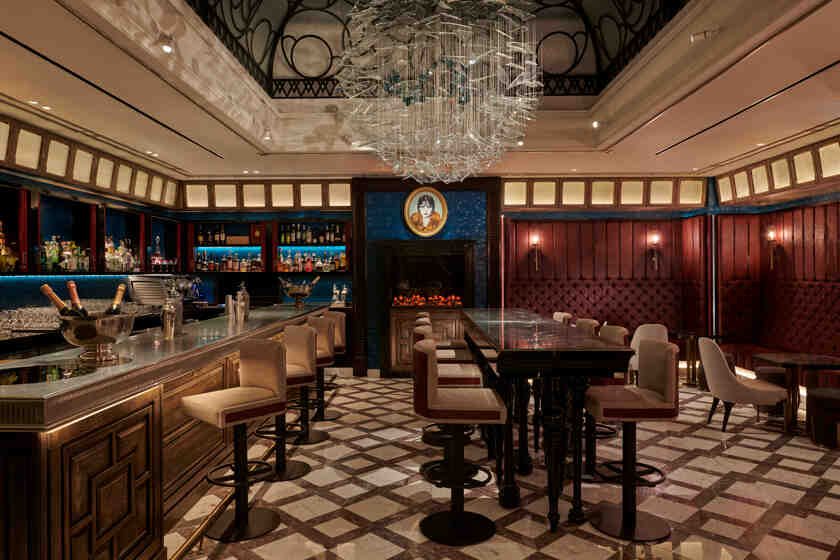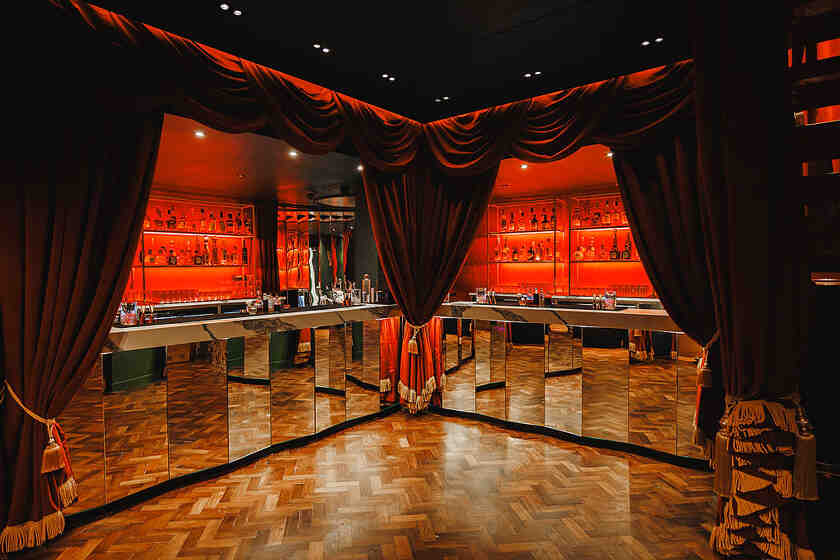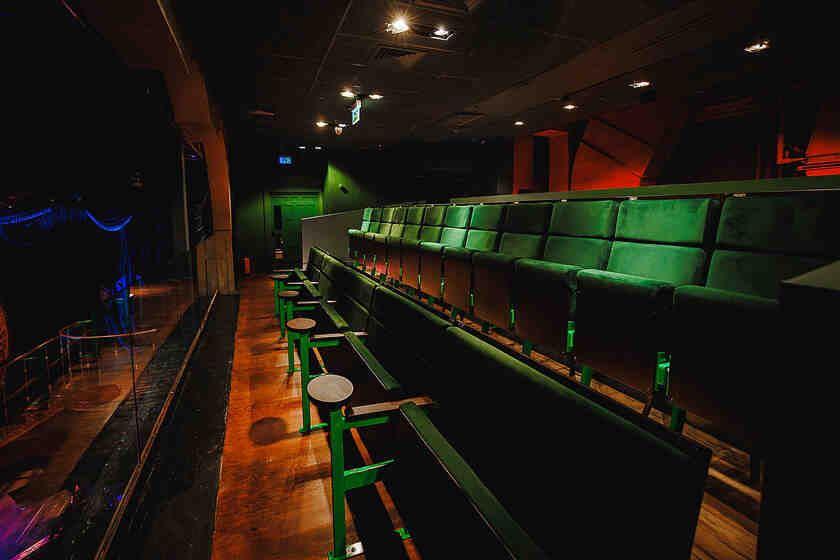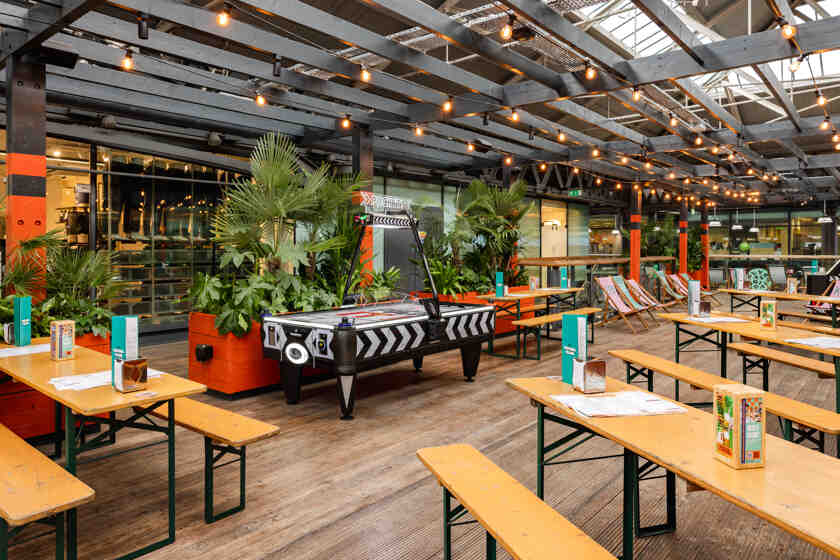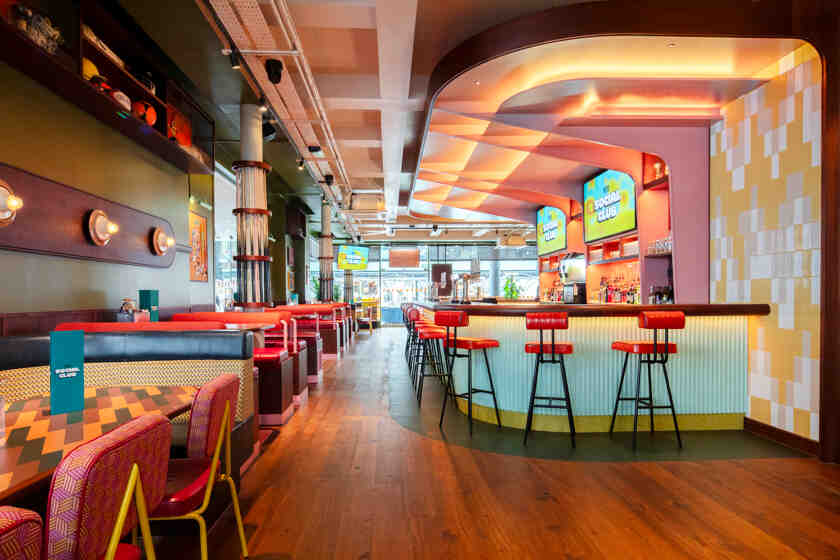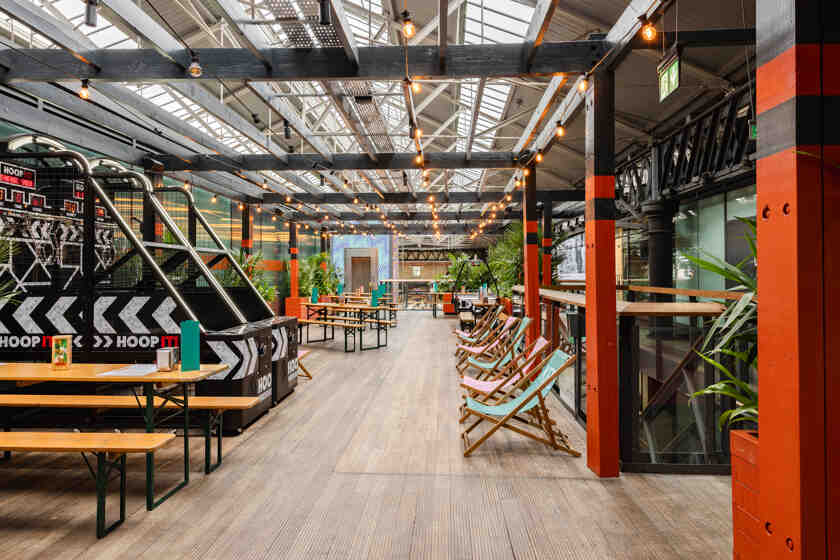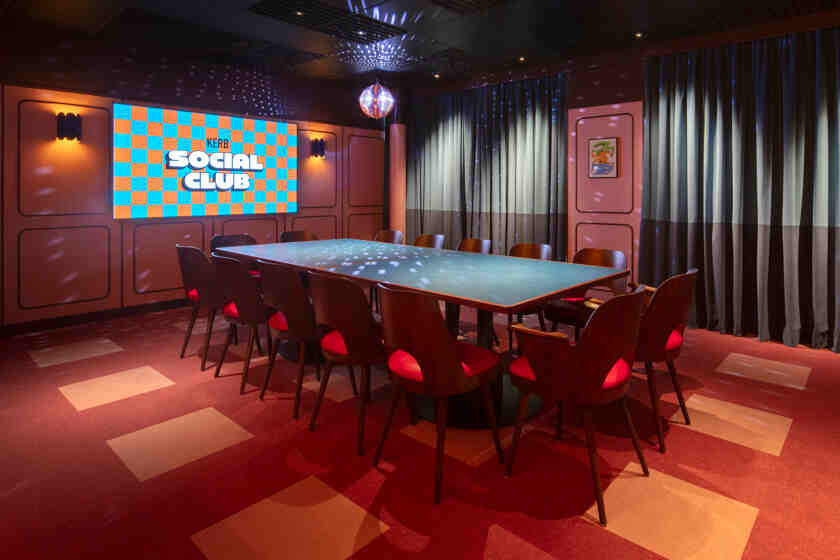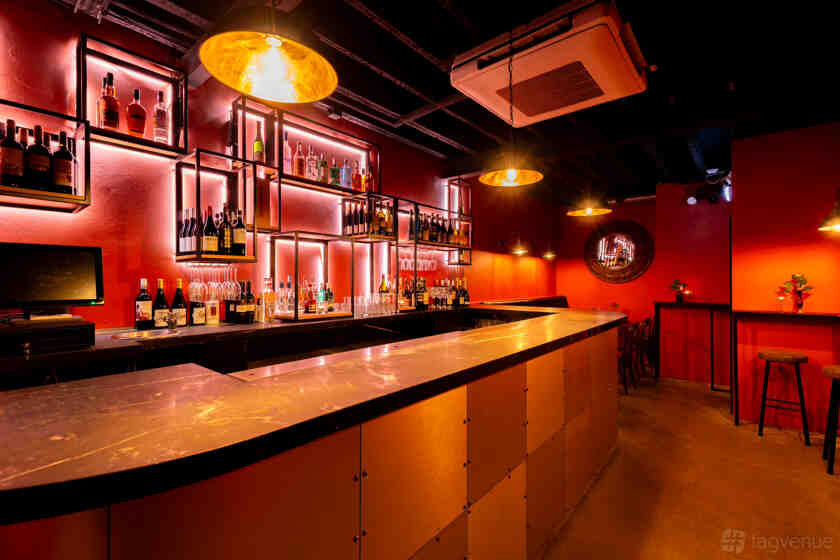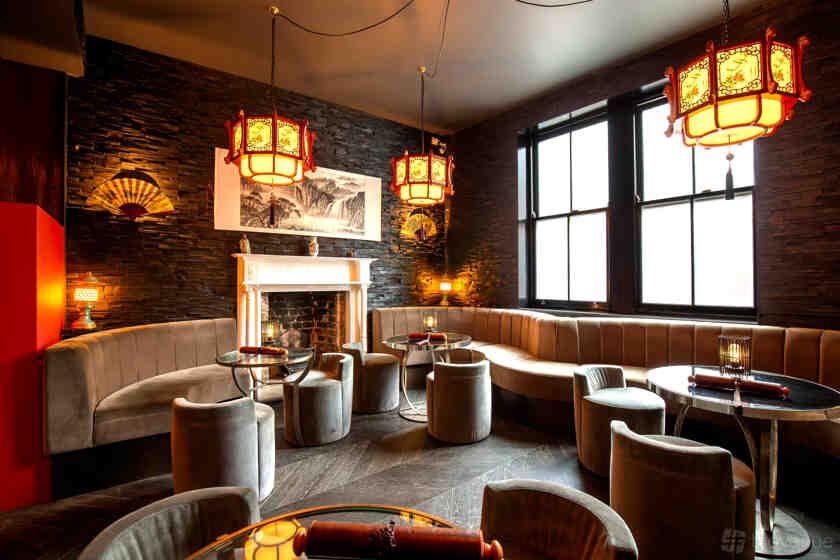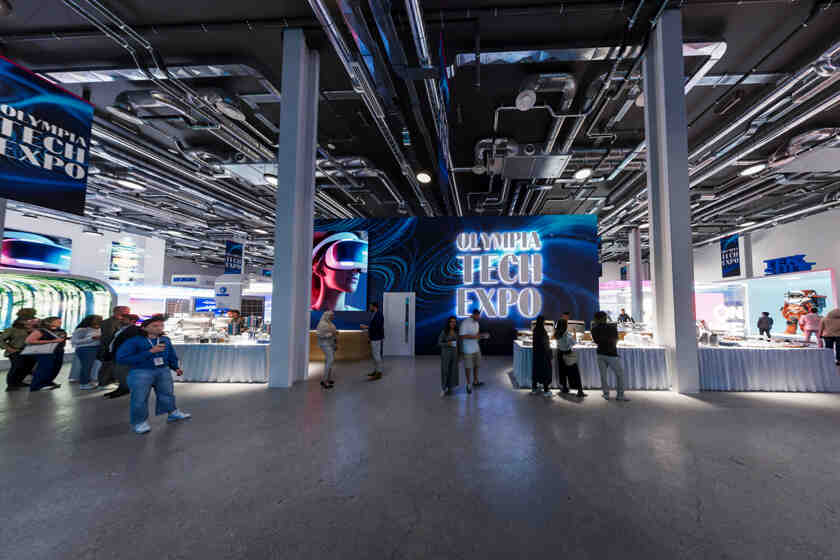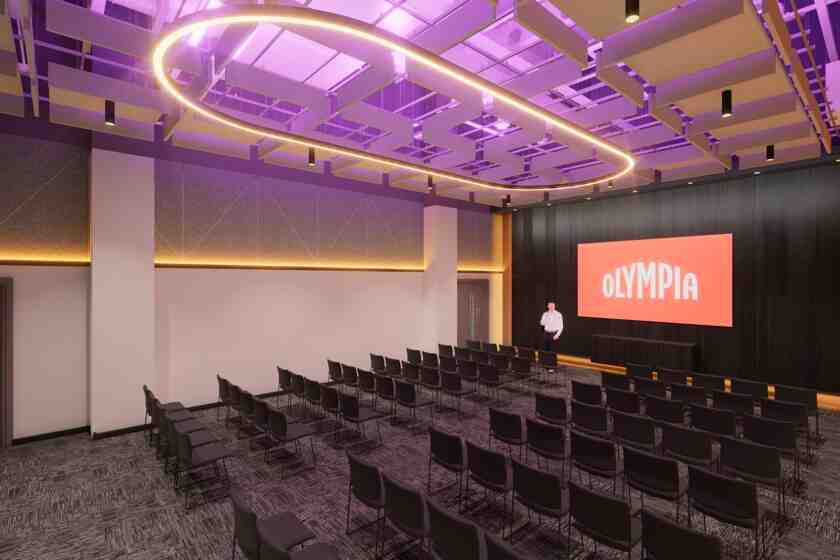Top Trending Private Screening Rooms in London for 2025
- EmbankmentResponds within 8 hoursFrom £110per dayStanding60Theatre60Dining57Boardroom40
- Lombard StreetFrom £50per hourStanding40Theatre40Cabaret28Dining20Boardroom16
- EmbankmentResponds within 48 hoursFrom £10,000per dayStanding810Theatre410Cabaret100Dining150
- Liverpool StreetResponds within 24 hoursFrom £250per morningStanding600Theatre300Cabaret300Dining300
- Covent GardenResponds within 24 hoursFrom £1,000per hourStanding575Dining40
- Portobello /ladbrokegrove/nottinghillResponds within 24 hoursFrom £500per hourStanding450Theatre120Cabaret60Dining160Boardroom33
- Leicester SquareFrom £45per dayStanding240Theatre60Cabaret35Dining60Boardroom27
- Notting HillFrom £350per hourStanding100Theatre70Cabaret32Dining48
- Kings CrossFrom £2,000per morningStanding700Theatre60Dining65
- PaddingtonResponds within 12 hoursFrom £75per hourStanding400Theatre350Cabaret140Dining230Boardroom30
- KensingtonResponds within 48 hoursFrom £25,000per dayStanding7000Theatre4000Cabaret255Dining400
- West LondonResponds within 4 hoursFrom £500per eveningStanding700Theatre100Cabaret50Dining240Boardroom44
Most Popular Private Screening Rooms in London
A Complete Guide to Booking a Private Screening Room in London
Watching a film in a private screening room is a completely different experience from sitting in a busy public cinema. The atmosphere is curated, the audience is entirely your own, and the technical setup is designed to deliver the best possible sound and image quality.
In London, the choice of private screening venues is as diverse as the films themselves. You can find intimate boutique rooms with plush armchairs, grand theatres with tiered seating and state of the art projection, and creative spaces where screenings are just one part of a larger event. Whether you are planning a corporate presentation, an industry premiere, a fundraising gala, or a private gathering with friends, there is a screening room in the city that will fit your needs perfectly.
Why London is Ideal for Private Screenings
London is one of the world’s most important cities for film and television production. The city hosts international film festivals, houses major studios, and is home to countless production companies. Because of this deep connection to the industry, many of its private screening rooms are equipped to a professional standard.
From the bustling heart of Soho, where post production houses and creative agencies are on every street, to the quieter corners of West and East London, where unique and atmospheric venues have taken root, the city offers an unmatched range of options. You can choose a venue that reflects the style of your event, from refined and elegant to bold and experimental.
Types of Private Screening Rooms in London
Boutique Hotel Cinemas
Boutique hotels in London often include small to medium sized screening rooms as part of their event facilities. These spaces are designed for comfort as well as quality. Expect deep armchairs, warm lighting, and the ability to pair your screening with cocktails, canapés, or a private dinner. They are perfect for exclusive client events, creative presentations, or luxury celebrations.
Large Format Private Theatres
If you need to accommodate a bigger audience or make a significant visual impact, large format private theatres are the answer. These rooms often feature tiered seating to ensure clear sightlines for every guest. Advanced projection systems, surround sound, and professional lighting create a cinematic experience suitable for premieres, product launches, and high profile corporate announcements.
Independent Screening Rooms
Independent screening venues are often housed in cultural institutions, arts centres, or repurposed buildings. These rooms have character and are popular with creative professionals. They work well for film festivals, industry previews, or screenings followed by panel discussions.
Multi Purpose Event Spaces with Screening Capability
Some venues are not dedicated cinemas but offer full screening facilities alongside other layouts. These could be galleries, converted warehouses, or performance spaces with projection and sound systems built in. They are ideal if you want to combine a screening with other activities such as live music, Q&A sessions, or exhibitions.
Outdoor and Open Air Screenings
Although weather dependent, London also offers private open air screening options. Courtyards, rooftop terraces, and gardens can be transformed into magical cinema experiences, complete with large projection screens, portable sound systems, and cosy seating.
What to Look for When Booking a Private Screening Room
Screen and Projection Quality
Ask about the formats the venue supports. Whether you are screening from DCP, Blu-ray, or a digital stream, ensure the venue can accommodate it without compromising quality.
Sound System
A good screening is as much about sound as it is about visuals. Surround sound and well placed speakers can make a huge difference, especially for films with complex sound design or music-heavy content.
Capacity and Layout
Match the room size to your guest list. A space that is too large can feel empty and lose atmosphere, while one that is too small will feel cramped. Consider whether you want traditional theatre style seating or a more relaxed lounge layout.
Accessibility
Make sure the venue is accessible to all guests, with step free entry, lifts, and accessible seating. Hearing loops or other assistive listening devices may also be important.
Location and Transport
Choose a venue with convenient transport links, especially if your event will finish late. Proximity to Underground stations, bus routes, or parking facilities will make attendance easier for guests.
Additional Facilities
For many events, the screening is only part of the evening. Look for spaces with adjoining reception areas, catering kitchens, or bars to extend the experience.
Popular London Areas for Private Screening Rooms
Soho and Covent Garden
The creative heart of the city. Packed with both small and large screening spaces, many within walking distance of the West End’s major theatres and restaurants.
Mayfair and Marylebone
These districts offer elegant and often luxurious screening environments. They are ideal for high end corporate events and private client entertainment.
Shoreditch and Hoxton
Known for their creative energy, these areas offer contemporary screening spaces in stylish, design-led venues.
South Bank and Waterloo
A hub for cultural institutions, offering screening rooms within walking distance of galleries, theatres, and the river.
East and North London
Converted industrial buildings and community cultural spaces here offer flexible, creative settings for screenings with a more relaxed feel.
How to Plan a Successful Private Screening
- Book Early
Prime screening rooms, especially in central areas, can book up months in advance. - Arrange a Technical Check
Bring your content to the venue ahead of time to test the projection and sound. - Plan the Guest Experience
Think about the journey from arrival to departure. This includes welcome drinks, the screening itself, and any post screening activity. - Add Hospitality
Even a short reception can make the event feel more complete. Food and drink options will depend on the venue’s facilities and licensing. - Brand the Space
If the event is for a company or product launch, consider how to incorporate branding into signage, lighting, and printed materials.
London offers a world of possibilities for hosting private screenings. Whether you prefer the elegance of a boutique hotel cinema, the impact of a large format theatre, the charm of an independent screening room, or the atmosphere of an open air venue, the city has an option to match your vision.
By focusing on the technical quality, comfort, and flow of your event, and by choosing a location that suits your audience, you can create a screening experience that is as memorable as the film itself.
Popular areas for private screening venues in london
- Aldgate
- Aldgate East
- Aldwych
- Angel
- Bank
- Bankside
- Barbican
- Barnsbury
- Bermondsey
- Bethnal Green
- Bishopsgate
- Bloomsbury
- Bond Street
- Borough
- Cambridge Heath
- Camden
- Camden Borough
- Canonbury
- Central London
- Chancery Lane
- Charing Cross
- City of London
- Clerkenwell
- Covent Garden
- Dalston
- De Beauvoir Town
- East London
- Elephant and Castle
- Embankment
- Euston
- Farringdon
- Finsbury
- Fitzrovia
- Goodge Street
- Great Portland Street
- Green Park
- Hackney
- Hackney Central
- Hackney Marshes
- Hackney Wick
- Haggerston
- High Holborn
- Highbury
- Holborn
- Homerton
- Hoxton
- Islington
- Islington Borough
- Kings Cross
- Lambeth
- Leicester Square
- Lisson Grove
- Liverpool Street
- London Bridge
- London Fields
- Lower Clapton
- Mansion House
- Marylebone
- Mayfair
- Mile End
- Moorgate
- North East London
- North London
- Old Street
- Oxford Circus
- Oxford Street
- Paddington
- Pentonville
- Piccadilly
- Piccadilly Circus
- Portsoken
- Primrose Hill
- Regent Street
- Regents Park
- Russell Square
- Shadwell
- Shoreditch
- Soho
- South Bank
- South East London
- South Hackney
- South London
- Southwark
- Southwark Borough
- Spitalfields
- St. James's Park
- Stepney
- Stoke Newington
- Stratford
- The City
- The West End
- Tottenham Court Road
- Tower Bridge
- Tower Hamlets
- Tower Hill
- Vauxhall
- Victoria Park
- Victoria Station
- Warren Street
- Waterloo
- West London
- Westminster
- Whitechapel



